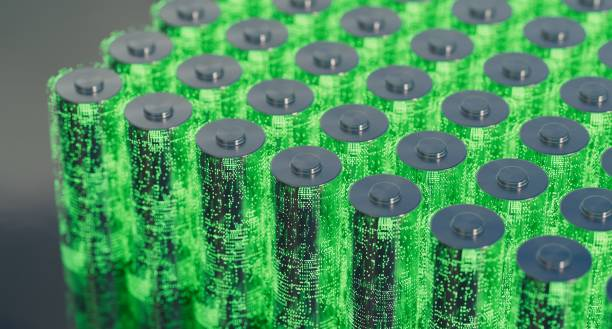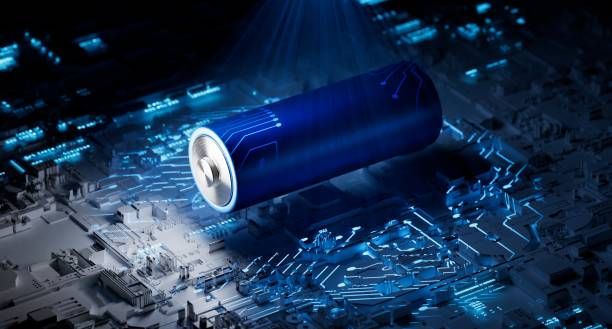THE ELECTRIC VEHICLE BATTERY REVOLUTION
So, in the realm of electric vehicle batteries, there's a buzz about making them cleaner and greener. These batteries, the rock stars of the automotive world, have a dirty secret—they're not exactly recycling-friendly. But fear not, some startups and big players are on a mission to turn this recycling challenge into a triumph.
Traditional recycling methods involve burning used batteries at scorching temperatures, which is not the most eco-friendly approach. However, our heroes from Hong Kong's GRST and Oregon's OnTo Innovation, along with the German giant BASF, are shaking things up with a water-based technology that's more environmentally conscious.
Lithium-ion batteries, the powerhouses behind electric vehicles, are a bit tricky to recycle. They come with foams, glues, and other complexities. But the water-based binders are here to simplify the process. They are less aggressive and require less effort to recover precious metals.
Moreover, Traditional methods use toxic chemicals to bind metals, but the water-based approach involves dissolving used batteries in water, creating a mix of metals called the "dark mass." It's like a modern-age potion-making process.
GRST, a standout in the recycling world, even bagged the Earthshot prize for their efforts. They're aiming to raise $50 million in the next two years to ramp up production in their battery plant. And guess what? They plan to lease out their water-based technology to other battery makers.
But, of course, every hero has its challenges. Previous attempts at water-based binders failed due to poor battery performance. However, GRST claims to have overcome this challenge. Their batteries perform well in terms of energy density, safety, and durability, according to their own tests.
OnTo Innovation in Oregon is also in the game, testing a water-based binder like scientists with a new formula. Even BASF, the chemical giant, has dipped its toes into water-based binder production in China.
However, The recycling rates for lithium-ion batteries are shockingly low, less than 5% in the US. It's like everyone's tossing these batteries into the abyss of waste management or landfills, where they could cause havoc. But fear not, my friend Sarah Montgomery from Infyos says the tide is turning.
Europe, in particular, is saying, "Enough is enough!" They're pushing for regulatory changes to boost battery recycling rates. The European Committee unleashed the "battery detection," making it mandatory to have a minimum level of recycled materials in EV and industrial batteries by 2031.
Why? Because the demand for batteries is skyrocketing, especially with more electric vehicles hitting the road. McKinsey predicts the entire lithium-ion battery production network's value will increase by 30% annually, reaching over $400 billion by the end of the decade. That's a lot of zeros.
GRST and other innovators might just cash in on the concerns about China dominating the EV supply chain. Europe wants to be less dependent on China for batteries, and these recycling pioneers could be the key players in this game of independence.
The world of battery recycling is heating up, or should I say, cooling down with water-based magic. Let the battery recycling saga continue.


Congratulations @youngboy111! You have completed the following achievement on the Hive blockchain And have been rewarded with New badge(s)
Your next target is to reach 40 posts.
You can view your badges on your board and compare yourself to others in the Ranking
If you no longer want to receive notifications, reply to this comment with the word
STOPTo support your work, I also upvoted your post!
Check out our last posts: